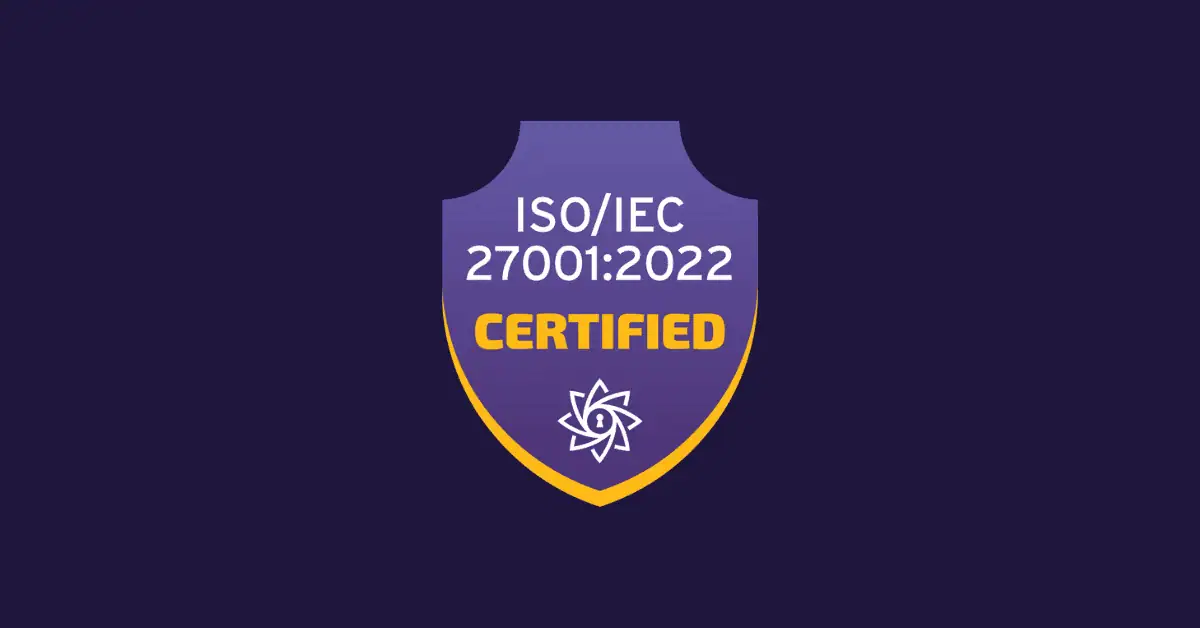- #Confluence
- #Jira
Make information from Jira available for Confluence users
Take your Jira and Confluence integration to the next level by building Confluence pages with data from fields, comments, attachments, and labels from one or multiple issues. Stakeholders retain their preferred tool, with information synchronized from Jira to Confluence.
Recipes are dead easy to make
We use it in problem records, security vulnerabilities and change management… Recipes are dead easy to make and the fact we can trigger using A4J or workflow post functions makes life easy.


